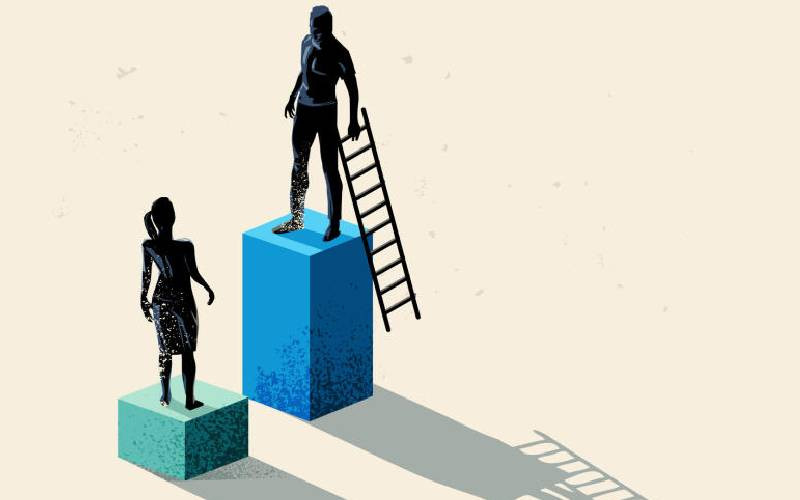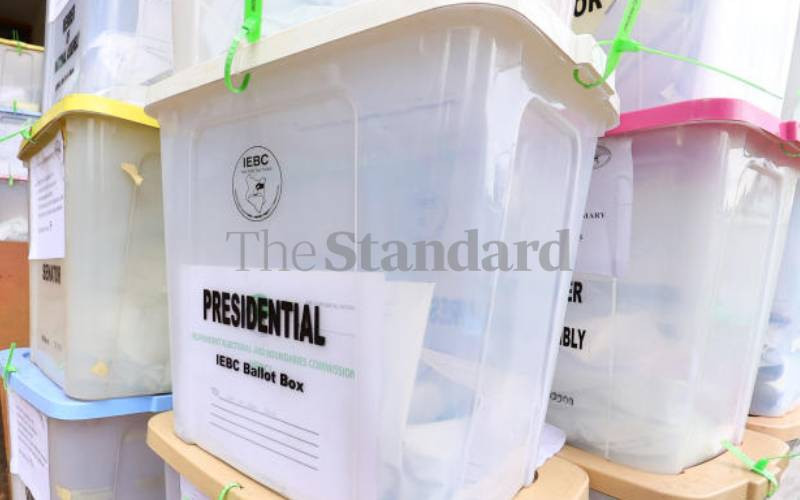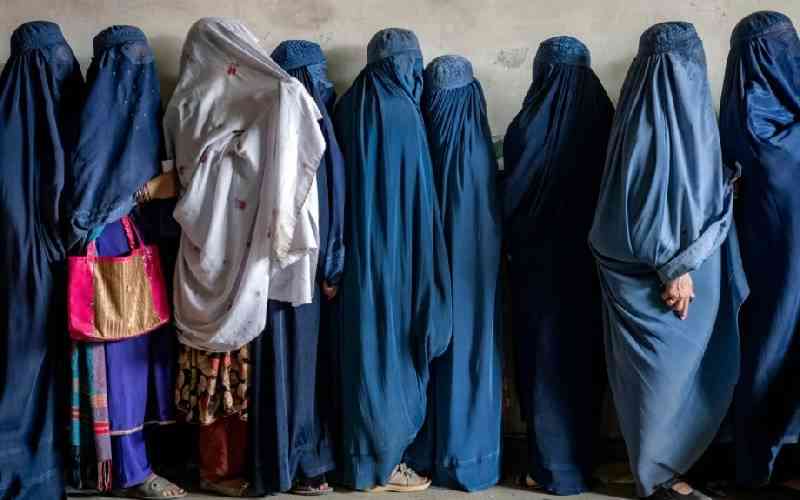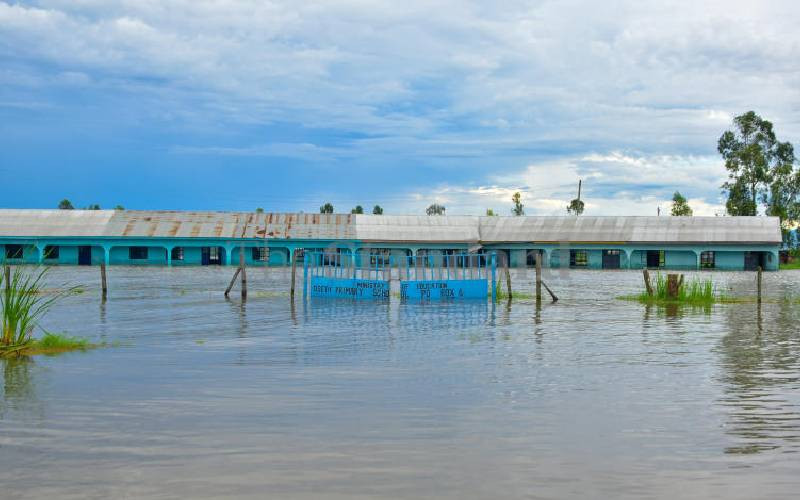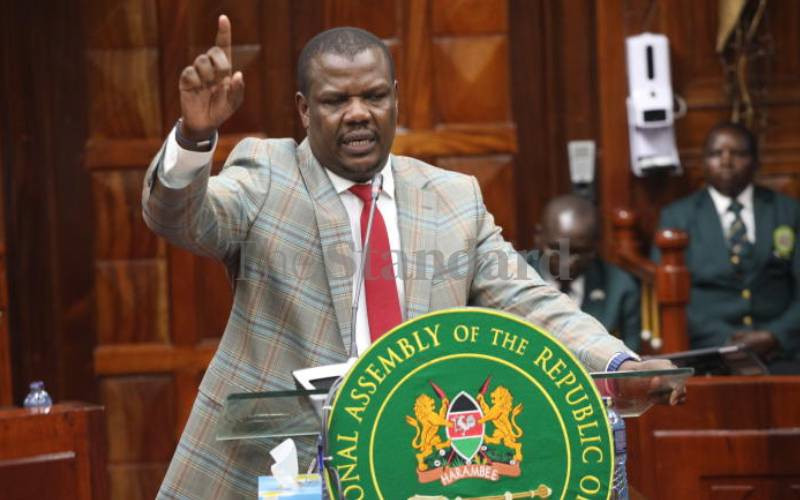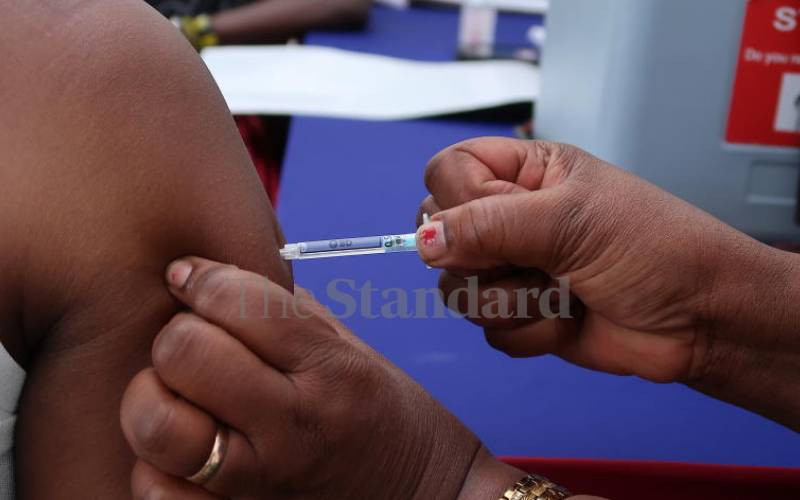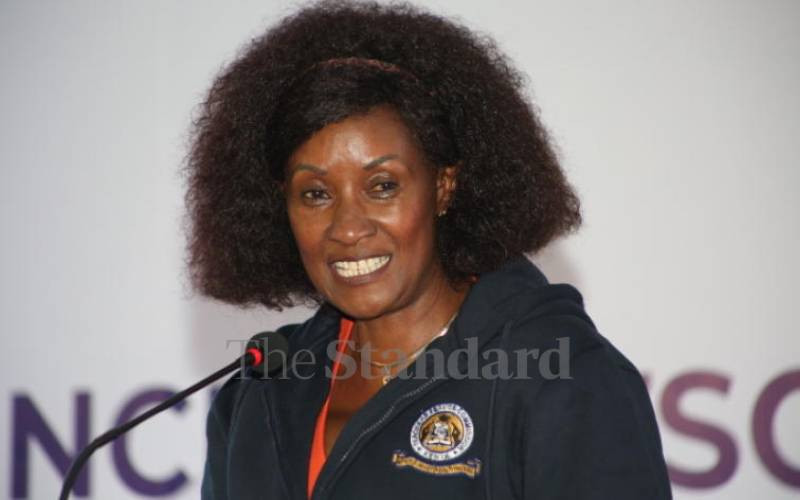LONDON: International concern about the rise of the Taliban and Islamic State (ISIS) in Afghanistan are sidelining women's rights, to the detriment of the country's prospects for peace and development, an international women's charity said.
Speaking ahead of a meeting with British parliamentarians this week on the issue, Women for Women International (WfWI) said the Taliban had grown stronger despite military attempts to eliminate them, and a more rounded approach was needed.
The Islamist Taliban control or threaten around one third of Afghanistan, according to U.S. estimates. Some militants have shifted their allegiance to Islamic State, which has begun challenging Taliban units in pockets of the country.
"There's a real concern that the focus on security is completely permeating all of our international development decisions and that's a real danger," said Brita Fernandez Schmidt, executive director of WfWI UK.
"I'm not arguing that we don't have to look at security ... but there is no security without development, and there is no development without security. They go hand in hand," she said in an interview with the Thomson Reuters Foundation.
Key to the country's peace and development is improving the lot of its poorest and most marginalised people - rural women - helping them to gain an income and become involved in settling local disputes, she added.
The Taliban spread their control in areas that are poor and lack government services, said WfWI's country director for Afghanistan and Iraq, Mandana Hendessi.
"Often you find the growth in the Taliban insurgency is in areas where people are very poor and there is no welfare and no health provision, where people are desperate," Hendessi said.
The Taliban pour money into welfare, police the area, and set up local judges to resolve disputes, she said.
The charity says that if women can earn an income and have a voice in the community, their communities will be stronger and less likely to rely on the insurgents.
"What really matters is what happens in the community to manage conflict, and how women are involved in managing those conflicts," Hendessi said.
Women in Afghanistan are very isolated - even in cities - and are expected to stay in their homes.
They are taught to speak in hushed tones and their husbands often refer to them as the "kids" or "household", Hendessi said.
They face frequent violence in their communities, which includes stoning to death and cutting off limbs.
"Often people talk about the Taliban's violence against women, but the violence against women we see on an everyday level is from male relatives," Hendessi said.
Stay informed. Subscribe to our newsletter
WfWI trains village women in several parts of Afghanistan to set up their own businesses.
The women who earn money for their families gain status in the village, and can help to resolve disputes. Just leaving their homes to attend the classes gives them greater contact with what is happening in the village, Hendessi said.
At the same time, men in the village learn about women's rights from an Islamic scholar using quotes from the Koran.
"It's not foreign troops that bring liberty, democracy and women's rights, it has to come from the population," said Fernandez Schmidt.
Earlier this year, Afghan First Lady Rula Ghani announced the building of the country's first women's university, to be based in the capital Kabul.
That Ghani is a Christian Lebanese woman leading on certain issues in this predominantly Muslim country, is a "huge achievement in itself," said Hendessi.
"There are some important changes happening, but it's got to be a lot more systematic with a lot more commitment," she said, adding that the government needed more support from international players.
International resources are increasingly being put into attempts to deradicalise Muslim youth, she said.
"And the youth are always men. The point is how can we involve women? The more involved women are in decision making, the more likely that these issues can be resolved too," Hendessi said.
WfWI works in eight countries affected by war, including Congo, South Sudan, Kosovo and Iraq.
 The Standard Group Plc is a
multi-media organization with investments in media platforms spanning newspaper
print operations, television, radio broadcasting, digital and online services. The
Standard Group is recognized as a leading multi-media house in Kenya with a key
influence in matters of national and international interest.
The Standard Group Plc is a
multi-media organization with investments in media platforms spanning newspaper
print operations, television, radio broadcasting, digital and online services. The
Standard Group is recognized as a leading multi-media house in Kenya with a key
influence in matters of national and international interest.
 The Standard Group Plc is a
multi-media organization with investments in media platforms spanning newspaper
print operations, television, radio broadcasting, digital and online services. The
Standard Group is recognized as a leading multi-media house in Kenya with a key
influence in matters of national and international interest.
The Standard Group Plc is a
multi-media organization with investments in media platforms spanning newspaper
print operations, television, radio broadcasting, digital and online services. The
Standard Group is recognized as a leading multi-media house in Kenya with a key
influence in matters of national and international interest.

